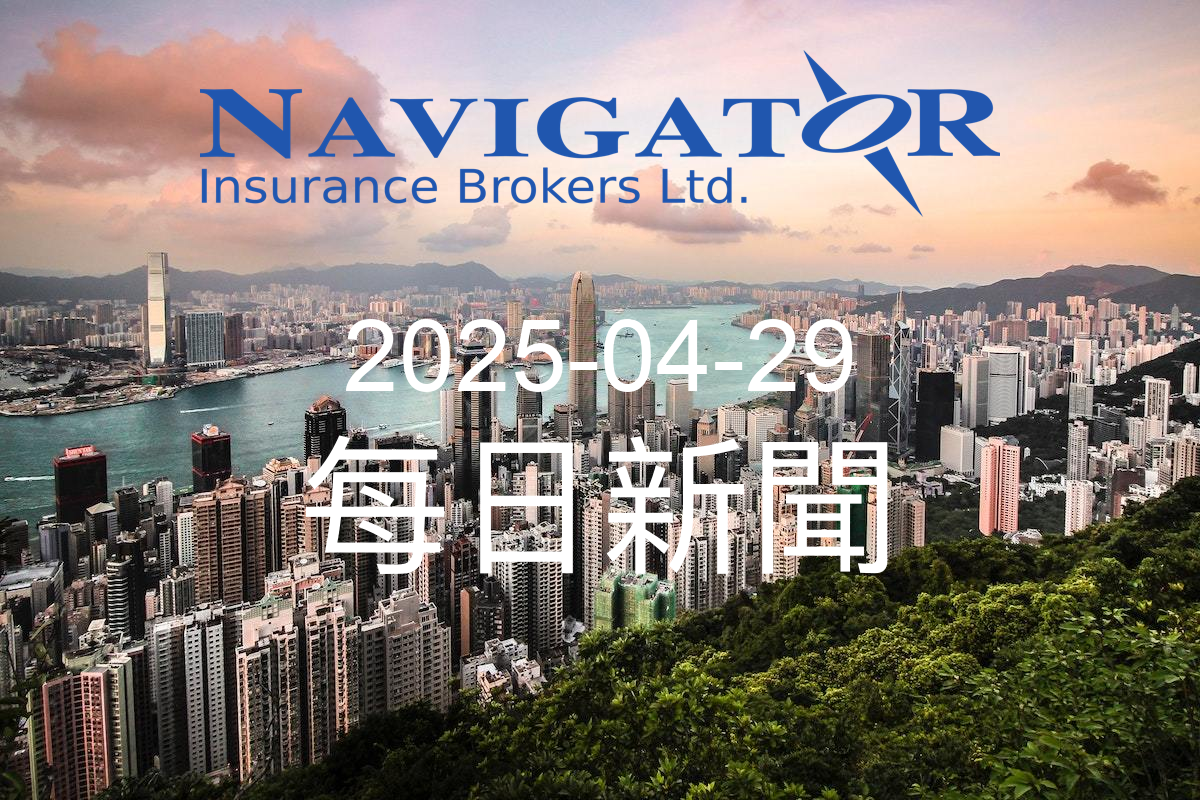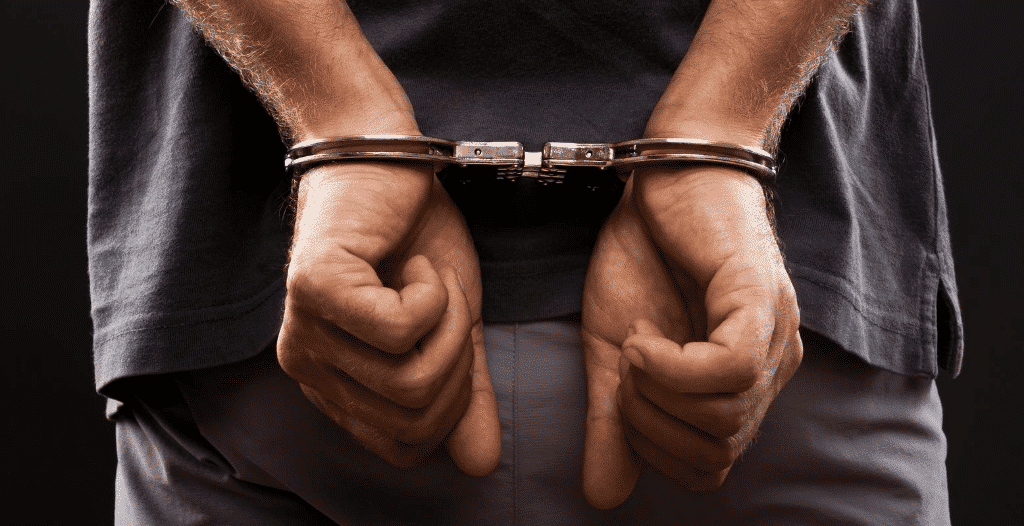Introduction to Acupuncture in Hong Kong
Acupuncture is a widely practiced traditional Chinese medicine (TCM) therapy in Hong Kong, trusted for pain relief, stress management, and holistic wellness. With a blend of modern clinics and heritage TCM halls, the city offers diverse options for locals and expats alike.
Cost of Acupuncture
Acupuncture costs in Hong Kong vary based on clinic type and practitioner expertise. While affordable options exist, prices can escalate for specialized treatments or renowned practitioners.
- Budget-friendly clinics: HK$300–HK$600 per session in local TCM halls or community centers.
- Mid-range private clinics: HK$800–HK$1,500 per session, often with extended consultation.
- Premium/hospital-affiliated: HK$2,000+ per session, sometimes covered by insurance.
- Insurance coverage: Some plans (e.g., AXA, Bupa) partially cover acupuncture—check policy details.
Many clinics offer package discounts (e.g., 10 sessions for HK$5,000). Always confirm if initial assessments incur extra fees.
Qualified Practitioners
Hong Kong regulates acupuncture strictly, ensuring practitioners meet high standards. Look for credentials to avoid unlicensed providers.
- Licensing: Verify registration with the Chinese Medicine Council of Hong Kong (CMCHK).
- Experience: Senior practitioners often specialize (e.g., musculoskeletal pain, fertility).
- TCM vs. Western-trained: Some acupuncturists integrate Western medicine for evidence-based approaches.
Reputable clinics display certificates prominently. Ask about the practitioner’s years of practice and patient success stories.
Clinic Locations
Hong Kong’s clinics are strategically placed for accessibility, from Central’s business hubs to residential areas like Shatin.
- Central/Causeway Bay: High-end clinics catering to professionals and expats.
- Tsim Sha Tsui/Mong Kok: Mix of affordable and mid-range options near MTR stations.
- New Territories: Community-focused clinics with lower prices (e.g., Fanling, Yuen Long).
Most clinics are within 5–10 minutes of MTR exits, with clear signage in English and Chinese.
Treatment Effectiveness
Acupuncture is proven for conditions like chronic pain and insomnia, with high patient satisfaction in Hong Kong.
- Common uses: Back pain (70%+ improvement reported), migraines, stress/anxiety.
- Fertility support: Often paired with IVF to enhance success rates.
- Testimonials: Check clinic websites or Google Reviews for local feedback.
Results vary by individual—some feel relief after 1–2 sessions, others need 6+ for chronic issues.
Pain Level
First-timers often worry about needles, but discomfort is typically minimal.
- Needle thickness: Hair-thin (0.12–0.25mm), causing slight tingling.
- Pain-free techniques: Practitioners may use guide tubes for gentle insertion.
- First-timer tip: Breathe deeply during insertion to relax muscles.
Communicate openly with your acupuncturist—they can adjust needle depth or use fewer points if needed.
Session Duration
A typical session includes consultation, needle insertion, and rest time.
- Initial visit: 60–90 minutes (detailed diagnosis).
- Follow-ups: 30–45 minutes of active treatment.
- Course length: Acute issues may need 3–5 sessions; chronic conditions require 10+.
Clinics often recommend weekly sessions initially, tapering to monthly maintenance.
Hygiene Standards
Hong Kong mandates strict hygiene to prevent infections, especially post-COVID.
- Disposable needles: Single-use, sealed packs opened in front of patients.
- Clinic cleanliness: Look for autoclave sterilizers and sanitized beds.
- Safety certifications: Clinics display health department compliance notices.
Avoid clinics reusing needles or lacking visible hygiene protocols.
Traditional vs. Modern
Hong Kong offers both classical and tech-enhanced acupuncture styles.
- Classic TCM: Focuses on Qi balance, using manual needle stimulation.
- Electro-acupuncture: Delivers mild currents for stronger pain relief (e.g., sciatica).
- Laser acupuncture: Needle-free alternative for children or needle-phobic patients.
Discuss goals with your practitioner to choose the right method—many blend both approaches.
Private vs. Chain Clinics
Hong Kong’s acupuncture providers range from solo practitioners to corporate chains.
- Private clinics: Personalized care, flexible scheduling (higher fees).
- Chains (e.g., Eu Yan Sang): Standardized services, package deals (budget-friendly).
Chains suit routine treatments; private clinics excel for complex or customized care.
Booking Process
Many clinics accommodate same-day appointments, but popular practitioners book weeks ahead.
- Walk-ins: Possible at larger clinics—call ahead for availability.
- Online booking: Platforms like Bookyay or clinic websites (e.g., HKBU CM Clinic).
Evening/weekend slots fill quickly—schedule early if you need after-work visits.
Language Support
Language barriers are rare in Hong Kong’s multicultural clinics.
- English-speaking: Most Central/TST clinics cater to expats.
- Cantonese/Mandarin: Standard in local TCM halls—bring a translator if needed.
Clinics like OT&P or ISOS provide full English support for international patients.
Side Effects
Acupuncture is low-risk but may cause minor temporary reactions.
- Common: Slight bruising or drowsiness post-session.
- Rare: Dizziness—rest 10 minutes before leaving the clinic.
Avoid strenuous activity after treatment and hydrate well to minimize side effects.
Combined Therapies
Many clinics offer complementary TCM therapies for enhanced results.
- Cupping: For muscle tension (adds HK$200–HK$400/session).
- Herbal prescriptions: Custom teas or pills to support treatment.
Combination packages (e.g., acupuncture + massage) often cost 20–30% less than à la carte.
Customer Reviews
Word-of-mouth and online reviews help identify trusted clinics.
- Top-rated: HKBU CM Clinic, Acupuncture Central, Balance Health.
- Local favorites: Neighborhood TCM halls with decades-long reputations.
Check Google, Facebook, or expat forums like GeoExpat for recent feedback.
Cultural Acceptance
Acupuncture is deeply respected in Hong Kong, often used alongside Western medicine.
- Hospital integration: Some (e.g., HK Sanatorium) have in-house TCM departments.
- GP referrals: Western doctors may recommend acupuncture for pain management.
This dual-system approach lets patients benefit from both worlds.



